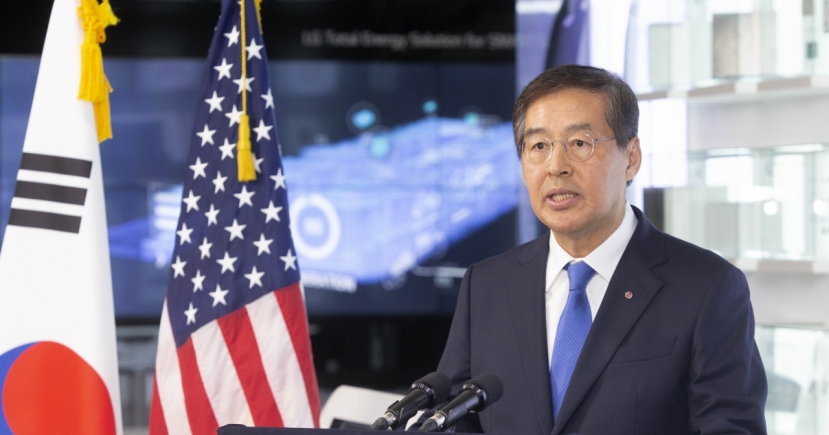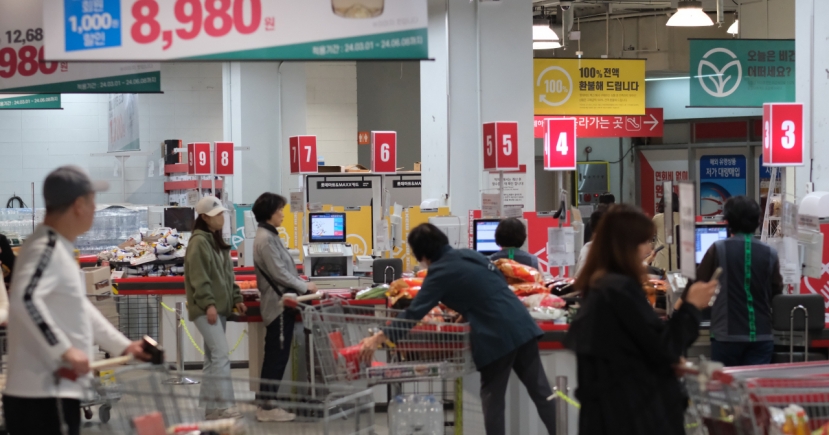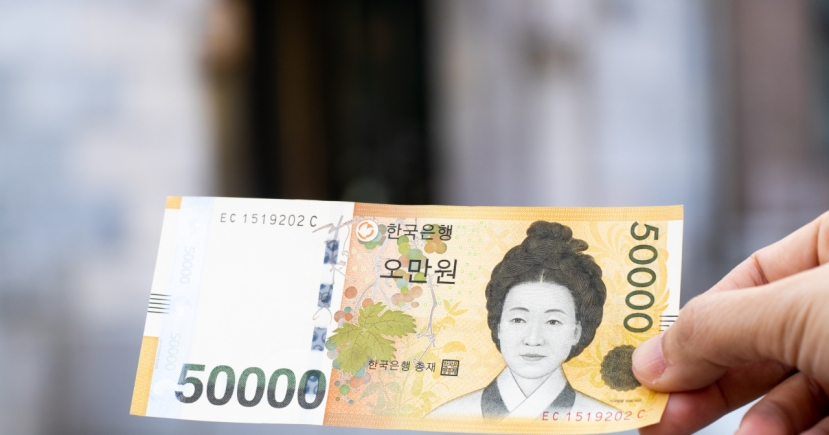Economy
Swifter bans proposed for imported food with safety risks
[THE INVESTOR] South Korea’s Ministry of Food and Drug Safety is looking to push forth this year a set of new regulations governing the safety of food and drug imports, the medical use and distribution of sedative drugs and compensation for side effects caused by pharmaceutical products.
The ministry said that it officially reported the details of its 2017 agenda to Prime Minister and acting President Hwang Kyo-ahn at Sejong City on Jan.9.
In terms of imported foods and pharmaceutical products, the ministry will adopt a new policy, active from November, which will immediately ban the entry of items that contain harmful substances without going through the customs clearance review. The ban will only be lifted with additional safety documents submitted by the country of export.
It will adopt another policy that postpones customs clearance review of food and drug products which cannot be confirmed for production safety.
The ministry also announced plans to strengthen regulations regarding the use and sales of medical sedatives such as morphine and propofol -- which were allegedly abused by President Park Geun-hye and her confidante Choi Soon-sil, key figures at the center of Korea’s roiling political scandal.
To boost surveillance, the Korean drug regulator will build up a “unique device identifier” system for medical sedatives, which would track and monitor every drug from the production to the distribution process, it said.
Among other agendas, the ministry will also expand the degree of compensation for patients who experience side effects from the normal use of a particular drug.
Previously, only patients who died from a drug’s unexpected side effects were subject to compensation. Now, patients who experience non-fatal side effects can also receive financial compensation for the related treatment costs.
By Sohn Ji-young/The Korea Herald (jys@heraldcorp.com)
The ministry said that it officially reported the details of its 2017 agenda to Prime Minister and acting President Hwang Kyo-ahn at Sejong City on Jan.9.
In terms of imported foods and pharmaceutical products, the ministry will adopt a new policy, active from November, which will immediately ban the entry of items that contain harmful substances without going through the customs clearance review. The ban will only be lifted with additional safety documents submitted by the country of export.
It will adopt another policy that postpones customs clearance review of food and drug products which cannot be confirmed for production safety.
The ministry also announced plans to strengthen regulations regarding the use and sales of medical sedatives such as morphine and propofol -- which were allegedly abused by President Park Geun-hye and her confidante Choi Soon-sil, key figures at the center of Korea’s roiling political scandal.
To boost surveillance, the Korean drug regulator will build up a “unique device identifier” system for medical sedatives, which would track and monitor every drug from the production to the distribution process, it said.
Among other agendas, the ministry will also expand the degree of compensation for patients who experience side effects from the normal use of a particular drug.
Previously, only patients who died from a drug’s unexpected side effects were subject to compensation. Now, patients who experience non-fatal side effects can also receive financial compensation for the related treatment costs.
By Sohn Ji-young/The Korea Herald (jys@heraldcorp.com)






![[KH Explains] Korean shipbuilding stocks rally: Real growth or bubble?](http://res.heraldm.com/phpwas/restmb_idxmake.php?idx=151&simg=/content/image/2024/04/25/20240425050656_0.jpg)
![[Hello India] Hyundai Motor vows to boost 'clean mobility' in India](http://res.heraldm.com/phpwas/restmb_idxmake.php?idx=151&simg=/content/image/2024/04/25/20240425050672_0.jpg)
